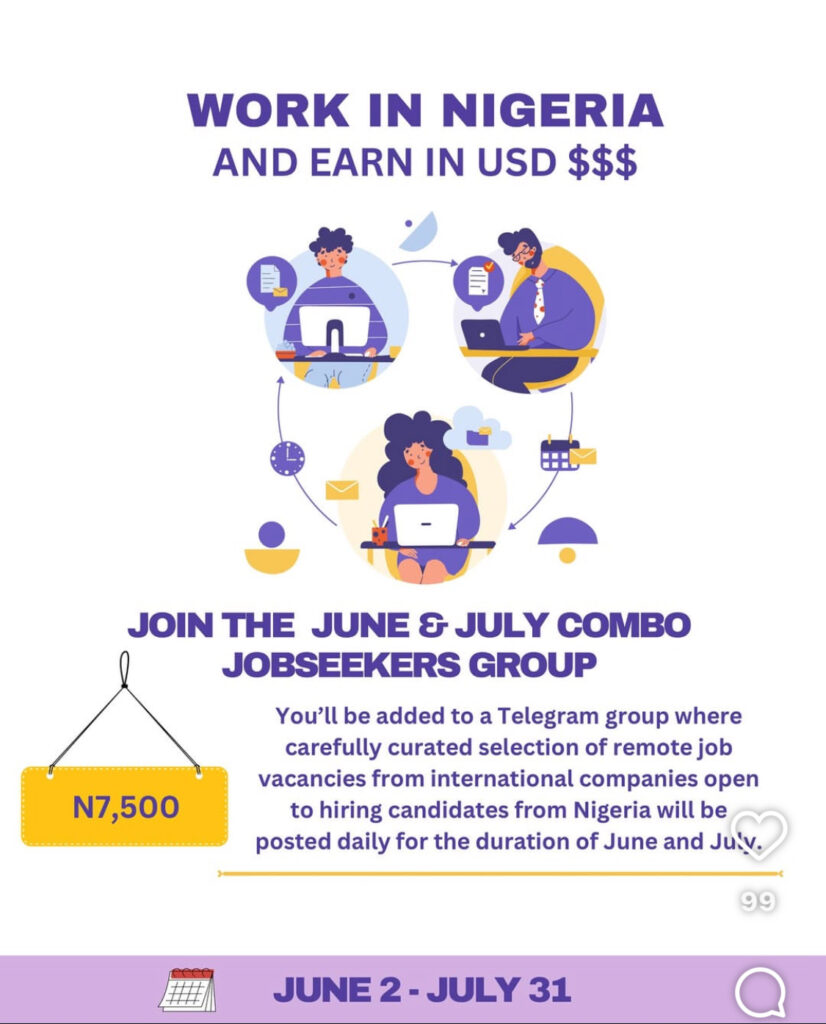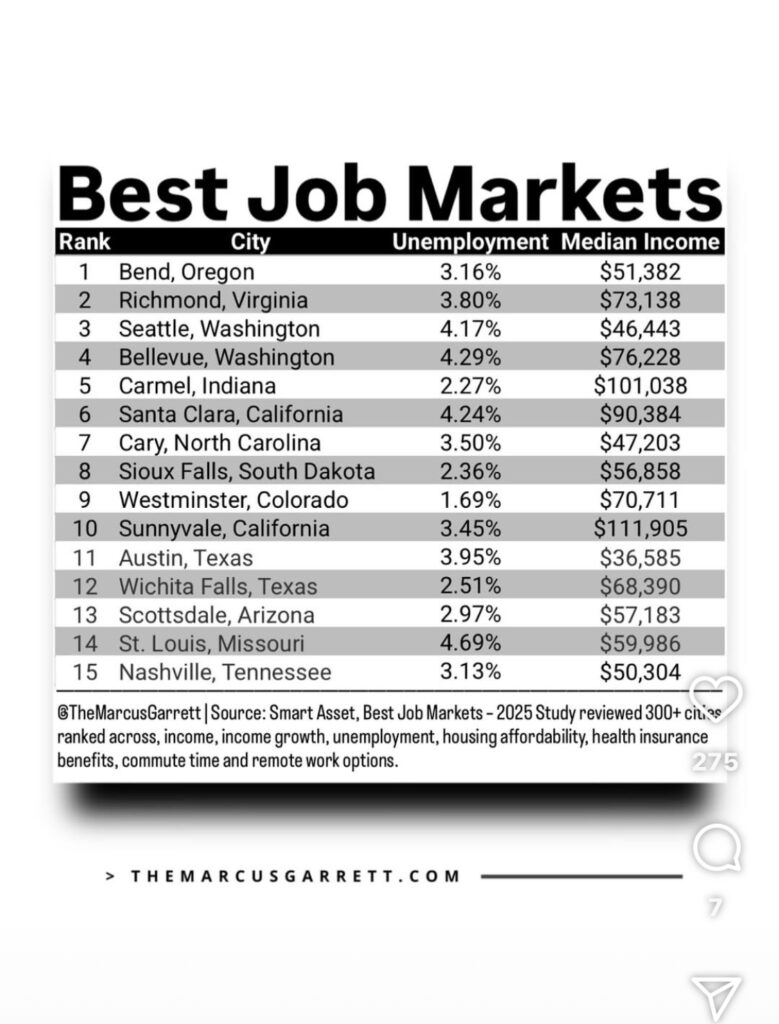
Securing a job abroad from Nigeria or any African country in 2025 is an achievable goal with the right strategy, preparation, and persistence. The allure of higher salaries, better working conditions, and global exposure drives many to seek international opportunities.
However, the process requires careful planning to navigate visa requirements, cultural differences, and competitive job markets. This comprehensive guide challenges faced by Nigerians and Africans.
Step 1: Define Your Goals and Research Opportunities

Before embarking on your job search, clarify your objectives. Ask yourself:
- What type of job do you want? Identify your field (e.g., tech, healthcare, finance, engineering) and the role you’re qualified for.
- Which countries are you targeting? Research countries with a demand for your skills and favorable immigration policies for Nigerians. Popular destinations include the United States, Canada, the United Kingdom, Germany, Australia, and the United Arab Emirates (UAE).
- What are your long-term goals? Are you seeking permanent residency, temporary work, or remote opportunities?
Research Tips:
- Identify in-demand skills: According to industry trends, fields like IT (AI, data science, cloud computing), healthcare (nursing, medical specialists), and engineering are in high demand globally. For instance, Canada and Australia actively seek skilled workers due to labor shortages.
- Check visa and work permit policies: Countries like Germany and Ireland offer straightforward work visa processes for skilled professionals, while others, like Qatar, may require employer sponsorship.
- Use online resources: Websites like LinkedIn, Indeed, Job Bank Canada, and country-specific job boards (e.g., NHS Careers for the UK) provide insights into available roles.
Action Item: Create a list of 3–5 target countries and research their labor market needs, visa requirements, and cost of living. For example, Germany’s strong economy and demand for engineers make it a viable option, though learning basic German can enhance your prospects.
Step 2: Enhance Your Skills and Qualifications

Global employers prioritize candidates with competitive skills and credentials that meet international standards. To stand out:
- Upskill in high-demand areas: Enroll in courses on platforms like Coursera, Udacity, or edX to gain certifications in fields like software development, digital marketing, or data analytics. Nigeria’s 3 Million Technical Talent (3MTT) Programme, for instance, offers training in AI and UI/UX design.
- Obtain relevant certifications: For example, a TEFL (Teaching English as a Foreign Language) certification is essential for teaching English abroad.
- Improve language proficiency: English is widely accepted, but learning the local language (e.g., German for Germany or French for Canada) can boost your employability.
Action Item: Identify one or two skills or certifications that align with your target job and country. For instance, if targeting tech jobs, a Python or AWS certification can be a game-changer.
Step 3: Build a Professional Profile
Your professional profile is your first impression with international employers. Craft materials that meet global standards:
- Tailor your CV/resume: Adapt your CV to the country’s format. For example, UK resumes are concise (1–2 pages), while German CVs may include a photo and detailed education history. Highlight relevant experience and skills.
- Create a compelling cover letter: Explain why you’re interested in working in the specific country and how your skills address the employer’s needs.
- Build a portfolio: For fields like tech, design, or marketing, a portfolio showcasing your work is critical. Platforms like GitHub (for developers) or Behance (for designers) can host your projects.
- Optimize your LinkedIn profile: Use keywords relevant to your industry, include a professional headshot, and list certifications. Connect with recruiters and professionals in your target country.
Action Item: Update your CV and LinkedIn profile to reflect international standards. Seek feedback from mentors or professionals in your target country, as demonstrated by Folarin’s success in securing a UK job after refining his CV with help from a friend.
Step 4: Network Strategically

Networking is a powerful tool for accessing international job markets. Many opportunities arise through referrals or personal connections.
- Join professional communities: Engage with tech communities like forloop Africa or Figma Africa, which connect you with mentors and peers.
- Leverage alumni networks: Contact your university’s alumni association to connect with graduates working abroad.
- Attend virtual job fairs: Events like GITEX in Lagos (September 2025) offer opportunities to meet international employers.
- Reach out to recruiters: Agencies like Michael Page or Hays specialize in placing Africans in international roles.
Action Item: Identify one professional community or job fair relevant to your field and actively participate. Send connection requests to at least 10 professionals in your target country on LinkedIn.
READ ALSO: Top 9 Compelling Importance Of Business Studies In Your Future
Step 5: Search and Apply for Jobs
Use a multi-channel approach to find job opportunities:
- International job boards: Platforms like Indeed, CareerJet, GoAbroad, and Elite Digest list overseas roles.
- Company websites: Apply directly to global companies like Google, Amazon, or Accenture, which often sponsor visas.
- Freelance platforms: Upwork and Fiverr allow you to work remotely for international clients, building experience and credibility.
- Country-specific portals: For example, use Job Bank Canada or Make It in Germany for targeted searches.
Tips for Applying:
- Check if the employer sponsors visas, as this is crucial for non-EU/US citizens.
- Avoid fraudulent agencies promising quick employment. Contact employers directly to verify legitimacy.
- Apply to multiple roles to increase your chances, but ensure your applications are tailored.
Action Item: Apply to at least 10–15 jobs per week on reputable platforms. Track your applications in a spreadsheet to stay organized.
Step 6: Understand Visa and Work Permit Requirements

Securing a work visa is critical. Requirements vary by country:
- United States: The H1B visa requires a bachelor’s degree and employer sponsorship. Medical professionals need additional licensing.
- Canada and Australia: Offer points-based systems favoring skilled workers. Check eligibility via government portals.
- UK: Requires a job offer from a licensed sponsor and a Certificate of Sponsorship (CoS).
- Germany: A job offer simplifies the work permit process, especially for skilled professionals.
- UAE: Requires employer sponsorship and a straightforward application process.
Action Item: Research the visa requirements for your top target countries. Prepare documents like academic certificates, proof of funds, and health checks (e.g., TB test for the UK).
Step 7: Prepare for Interviews
Interviews for international jobs are often virtual, so preparation is key:
- Practice common questions: Be ready to discuss your skills, experience, and why you want to work abroad.
- Cultural awareness: For example, in the UK, maintaining eye contact during interviews is valued.
- Technical setup: Ensure a stable internet connection, a quiet environment, and a functional computer.
Action Item: Conduct mock interviews with a mentor or friend to build confidence. Record yourself to assess your performance.
Step 8: Secure the Job and Relocate

Once you receive a job offer:
- Negotiate your salary: Research salary ranges on platforms like Glassdoor to ensure fair compensation.
- Sign the contract: Review terms carefully, especially visa sponsorship details.
- Plan your relocation: Budget for initial costs like flights, accommodation, and settling-in expenses. A short-term visit to your destination can help you acclimate.
Action Item: Create a relocation checklist, including visa applications, housing, and cultural adaptation resources.
Step 9: Consider Alternative Pathways
If direct job applications are challenging, explore:
- Study abroad: Enrolling in a master’s program in countries like Germany or the UK can lead to post-study work visas.
- Remote work: Platforms like Upwork or companies like Flutterwave offer remote roles paying in dollars.
- Freelancing: Build a portfolio through freelance work to attract international clients.
Action Item: Explore one alternative pathway (e.g., a master’s program or freelancing) as a backup plan.
Step 10: Stay Persistent and Seek Mentorship

The process can be lengthy, so stay motivated. Mentorship from experienced professionals, like those at Profitable Freelancing Academy, can provide insider tips and boost your confidence. Set realistic timelines (6–12 months) and celebrate small wins, such as securing interviews.
Action Item: Join a mentorship program or online community to stay motivated and receive guidance.
Final Tips
- Avoid scams: Verify employers through official channels and never pay for job placements.
- Stay updated: Follow industry trends and government policies, as they evolve rapidly.
- Be adaptable: Be open to short-term or entry-level roles to gain a foothold abroad.
Conclusion
Securing a job abroad from Nigeria or Africa in 2025 is a journey that demands dedication, strategic planning, and resilience. By defining clear goals, enhancing your skills, building a strong professional profile, and navigating visa processes, you can unlock opportunities in global job markets. Networking, persistent applications, and exploring alternative pathways like remote work or study abroad will further increase your chances of success. Stay vigilant against scams, leverage mentorship, and remain adaptable to seize opportunities that align with your aspirations.













